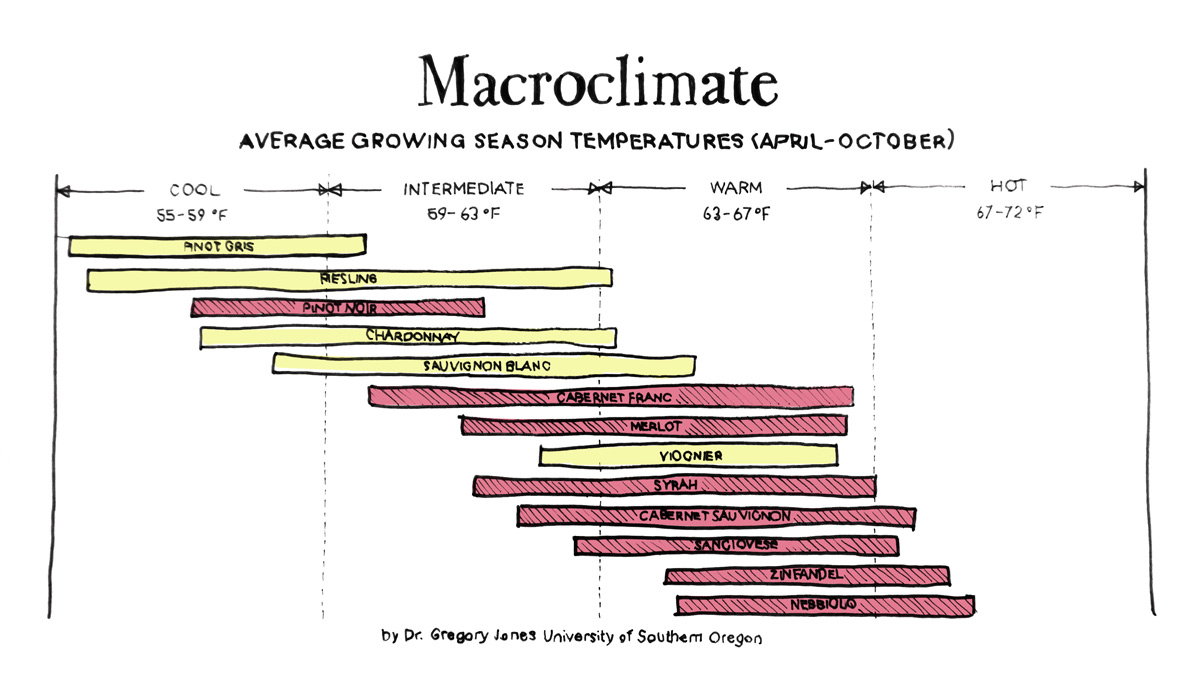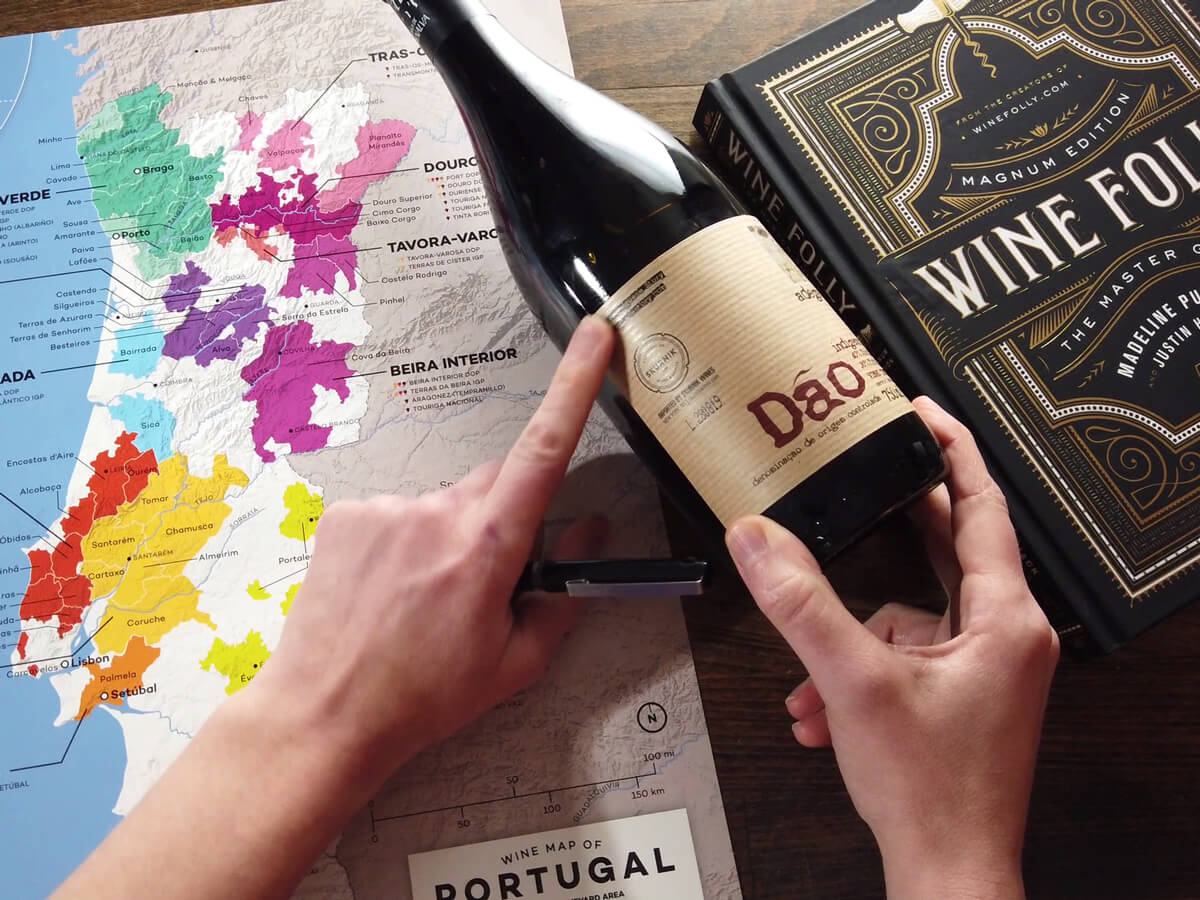You could continually search someone else’s picks of value wines to buy. Or better yet, use a framework to find great wines with your own personal taste.
In this video (and article) I show you a technique to find affordable wines online. This first video is dedicated to how I chose full-bodied red wines for less than $20 a bottle. (Actually, they were less than $18 shipped!)
Choosing Value Wines (Bold Red Wine Edition)
- Start shopping for wine online. It expands your selection and gives you the opportunity to do better research.
- Order by the case (12 bottles) to reduce shipping costs.
- Set a maximum price. (We all have a budget! I set my price to $18.)
- Align your expectations. (At $18 a bottle, I’m not expecting top-tier red wine.)
- Look for alternative varieties and blends to avoid popular varietal wines. (mix it up!)
- Look for lesser-known wine regions that have a track record for producing quality. (Explore the world!)
Order Wine Online
If there’s a great local wine shop in your area, see if they’ll deliver. However for most of us, especially those of us who live in suburban and rural communities, there aren’t a lot of good local wine shops to choose from.
If you think that Costco and Trader Joes have good wine options, you’re missing out on so much delight! This is why I shop for wine online.
Align Your Expectations
Discount wine sites and critic ratings have us believe that there is a secret stash of 100-point wine out there for $19.99. In the video, I made a serious attempt and found just two out of eleven that showed serious quality potential. Everything else was made to be drunk now. (There’s nothing wrong with that, mind you!)
And, definitely check out this article on sulfites.

Look For Alternative Varieties and Blends
For bold red wines, here are some alternative varieties to hunt for:
- Tannat: Bold AF. This super high tannin wine does well in South-West, France (in Madiran) and surprisingly, in Uruguay.
- Zinfandel: Juicy. High alcohol. It’s the naturally high alcohol level in Zin that makes is taste so bold. So, be sure to check the label for this fact. (It should be over 14% ABV)
- Grenache and GSM Blends: (GSM = Grenache-Syrah-Mourvèdre) Another grape that punches above its weight class due to boisterous alcohol levels.
- Bobal: This grape is super popular in Spain but almost unknown-about everywhere else. Delivers juicy blueberry notes with a shorter, friendly finish.
- Petite Sirah: Similar to Tannat in a lot of ways, although I haven’t found a study (yet) indicating its exceptionally high antioxidant levels.
- Monastrell: This is the same grape as Mourvèdre, but for whatever reason, pricing gets a lot better when its called by its Spanish name.

Value Wines from Lesser Known Regions
“Bold” is a funny way to describe a wine (even though we do it all the time). For most people, bold means rich fruit flavors, glycerol (that oily feeling on the palate), and elevated alcohol. To achieve this, you need ripeness. And for that, you need lots of sun.
This is why I look to warm climate regions first when I’m digging for this style of wine. Here are some places I dig:
- Spain: Including regions within the Central Plateau to areas close to the coast (Bullas, Jumilla, Yecla, etc) that make great Monastrell.
- Portugal: Don’t be afraid of blends from the Portuguese regions of Douro, Dão, and Alentejo.
- Australia: Parts of South Australia manage to make big-yet-balanced Shiraz wines. This area is now pushing hard for more organic production, even in their value wines. (Don’t shun the screw cap!)
- Argentina: Sure, Malbec is great, but have you tasted a Cabernet-Malbec blend?
- South Africa: Varieties like Cabernet Sauvignon, Syrah, and Pinotage offer distinct African minerality while still delivering that chocolaty awe factor.
- Alt-California: Dig around in Lodi, Sierra Foothills, and Paso Robles for second label wines from strong producers.
- Southern France: Languedoc, Roussillon, and South-West France are massive wine regions with lots of independent producers leaning heavily towards organic production. You’ll find a lot of kickass Grenache and Carignan-blends here.
Time To Stock Up
Let’s get real for a minute, if you’re stuck at home and you run out of toilet paper, you’ve got options. (Use your imagination.) However, if you’re stuck at home with no wine, there’s really no alternative.
Fortunately, with a little bit of planning (and patience) you can drink new and interesting wines.
If you have any questions about wine regions, styles, or varieties, leave us a comment below!
